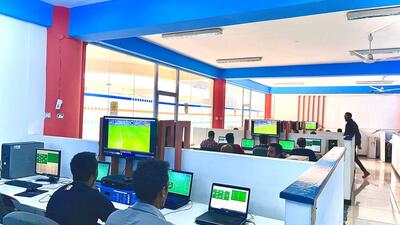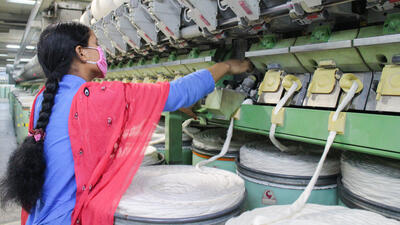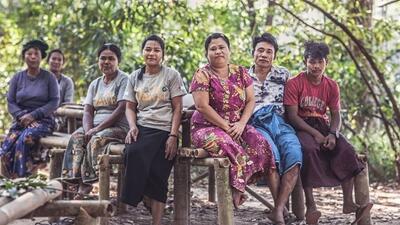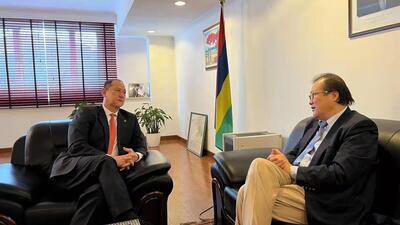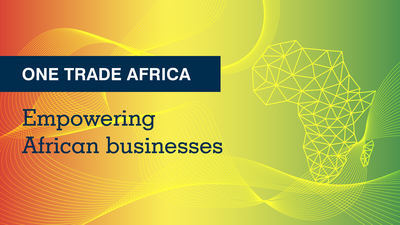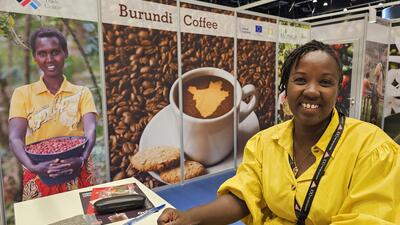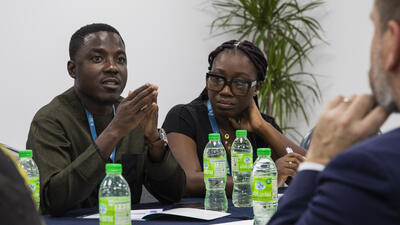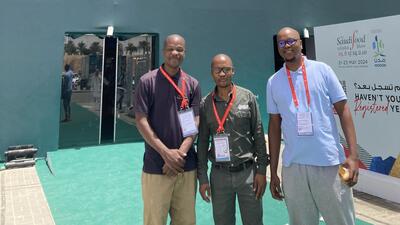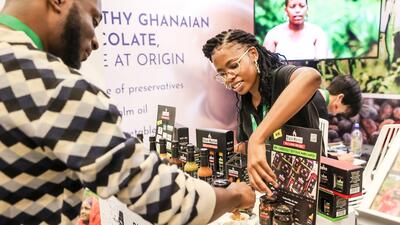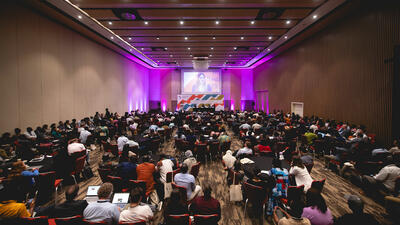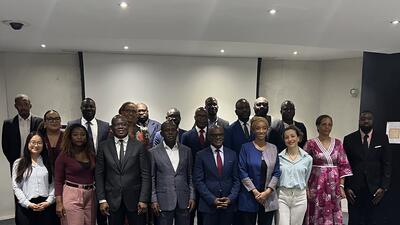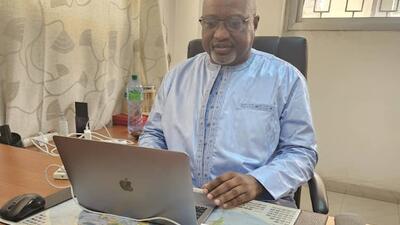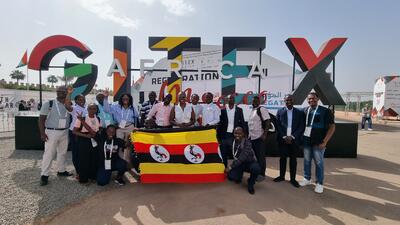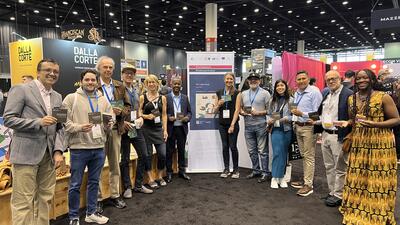
How can Ethiopia’s tech hubs be more gender-smart
Tech hubs (incubators, accelerators, co-working spaces, fab labs) guide start-ups on a journey to growing their businesses. But in countries where men traditionally run businesses, the question is how to make sure that women can join the journey to business growth.
Ethiopia’s tech ecosystem is relatively small and young, but growing fast. Some 70 percent of the country’s university graduates studied in Science, Technology Engineering and Mathematics (STEM) fields. Only about one in five of those graduates are women.
As the ecosystem evolves, there’s an opportunity to guide the sector’s growth to make incubators and tech-hubs gender-smart. That was one goal of an April workshop organized by the International Trade Centre (ITC)’s Netherlands Trust Fund V Ethiopia Tech project in collaboration with Dutch organization BOP Inc., which supports small businesses that serve low-income consumers.
The event was attended by nine incubators, six of the participants were women, as well as the Ministry of Innovation and Technology.
“Being gender-smart means ensuring that both men and women are valued equally for their similarities and differences, while playing different roles,” said Shushan Amanuel, BOP Inc’s country representative in Ethiopia.
“It is to always to remain cautious of bias, and the assumption that both males and females are given equal opportunities, but without addressing their differences.”
For example, an organization might believe that it’s working well with women, when women account for only a small minority of its members, she said. Or a group might promote its work on mass media like radio, thinking that women will find out about their programmes.
“But in reality, a household has one radio and that is taken by the husbands to the fields, so there is no way the medium reached the female in the house,” Amanuel said.
Adenew Mesfin runs Social Enterprise Ethiopia, an organization whose members, staff and board are majority women. And he says even more work is needed to break down barriers as his organization prepares to set up a new tech hub that will serve some of Ethiopia’s 55,000 social enterprises.
“We need to review our strategies and our rules and regulations to make sure they’re inclusive,” he said. “We have to review the barriers.”
In Ethiopia, women are allowed to inherit wealth, but may not have independence over their finances within the home, he said.
“That means the requirement for collateral to borrow from the bank is a challenge,” he said.
Samuel Fekade, NTF V Ethiopia Tech project coordinator in Addis Ababa, said the workshop was the first time that tech hubs in the country had gathered to talk about gender issues.
Only about a dozen tech hubs are active in Ethiopia and very few of those have female management. Trainers, investors and founders all tend to be men. But as the ecoystem grows, workshops like the gender-smart event help lay the groundwork for the future.
“This work prioritizes being gender-smart as these programmes grow,” he said.
The workshop used the We Rise Toolkit, which looks at three strategies for making business accelerators gender-smart, said Amanuel.
The first step is to look at the representation of women in the organization. That means look at ways to make sure women are included at all levels of the organization -- from the grassroots level to senior management.
The second step is outreach, or connecting with women entrepreneurs.
And the third step is networking, which means connecting women entrepreneurs with each other, but also with financial bodies that can provide capital for their businesses.
After the workshop, Mesfin said he saw a few concrete steps that Social Enterprise Ethiopia could take as they prepare to set up their incubator.
For one, he said the organization could conduct a survey to see if they are currently providing enough support to its women members.
Some strategies are simpler -- like making sure that women are part of the teams putting together events.
And when they’re ready to take applications, he said Social Enterprise Ethiopia will strive for an even split among men and women participants.
The Netherlands Trust Fund V (NTF) (July 2021 – June 2025) is based on a partnership between the Ministry of Foreign Affairs of The Netherlands and the International Trade Centre. The programme supports MSMEs in the digital technologies and agribusiness sectors. Its ambition is two-fold: to contribute to an inclusive and sustainable transformation of food systems, partially through digital solutions, and drive the internationalisation of tech start-ups and export of IT&BPO companies in selected Sub-Saharan African countries.





